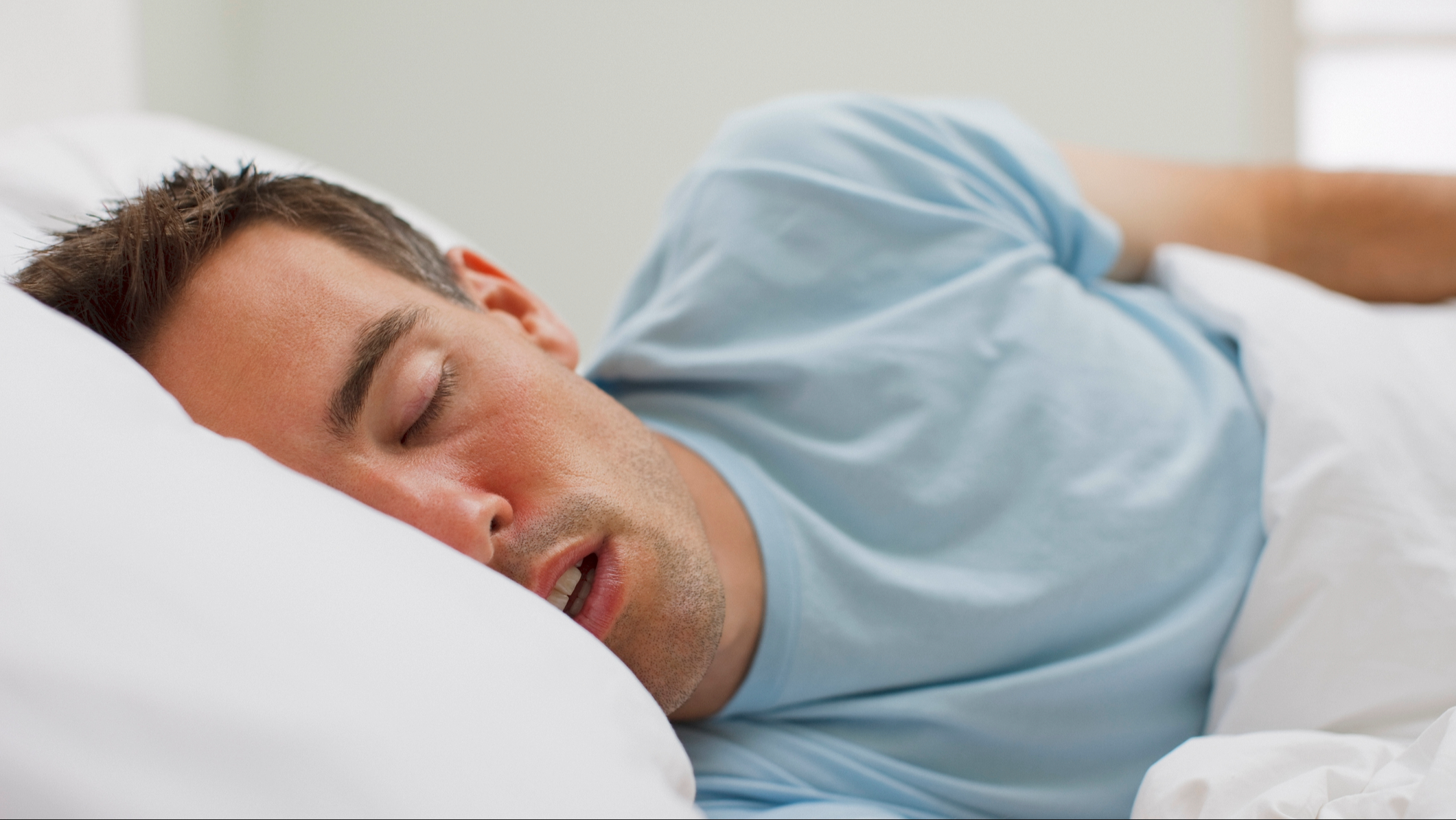
Millions of people worldwide are affected by sleep apnea, a potentially dangerous condition that causes your breathing to stop and start during the night. Various treatments for sleep apnea are available, with therapies to both manage the symptoms as well as address the root cause.
When most people think of sleep apnea treatments, they think of the CPAP machine. But while this is a common — and effective — treatment, CPAP machines aren't the only option. And there isn't a 'one-size-fits-all' treatment for sleep apnea, and treatment methods vary based on the country you live in. Often, traditional treatments are best paired with lifestyle changes, to tackle sleep apnea from every angle. This is also known as 'treatment stacking'.
Without treatment, sleep apnea can lead to fatigue, sleep deprivation, and even an increased risk of heart disease and stroke. We spoke to the experts about the common sleep apnea treatments, who each treatment suits, and how you can access sleep apnea therapies.
What is sleep apnea?
Sleep apnea is a sleep disorder characterized by disrupted breathing during rest. As well as waking up in the night, common symptoms of sleep apnea include fatigue during the day, irritability, headaches, and other signs of sleep deprivation.
There are two types of sleep apnea: Obstructive Sleep Apnea (OSA), and Central Sleep Apnea (CSA). OSA is the most common form of sleep apnea, estimated to effect around 936 million people globally.
OSA occurs when the muscles in the throat relax as you sleep, blocking the airways and disrupting the flow of air. This causes less oxygen to reach the brain, at which point the brain signals you to cough or gasp, waking you up.
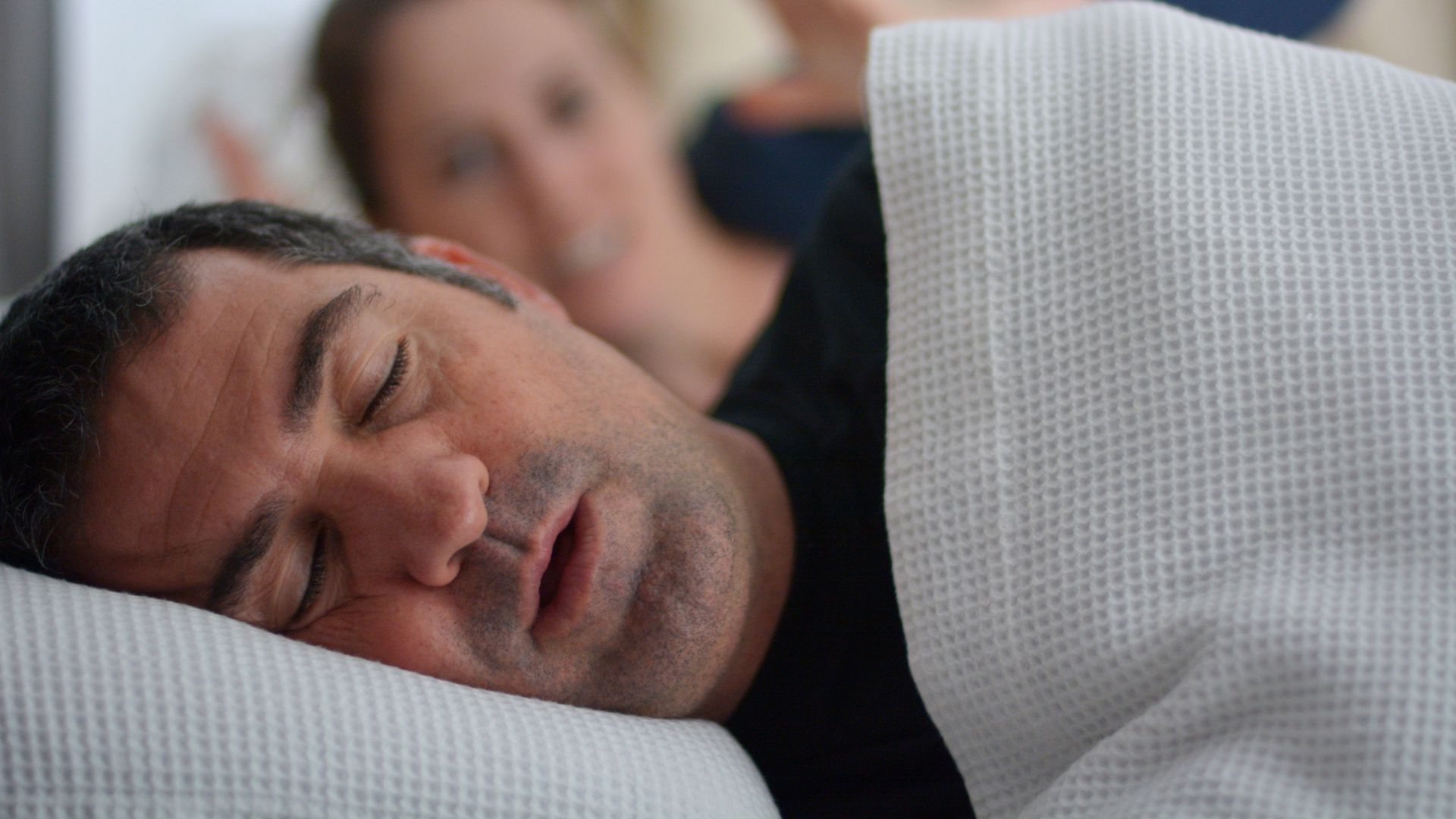
CSA is a less common form of sleep apnea — its thought around 70 million people worldwide have CSA. With this type of sleep apnea, the brain fails to signal to the throat muscles that control your breathing. This causes breathing to stop and start as you sleep.
Are both types of sleep apnea treated differently?
There are several treatment options for those with sleep apnea, including lifestyle changes, wearing a mouthpiece, using a CPAP (Continuous Positive Airway Pressure) machine, positional therapy, or surgery.
Treatment options for Central Sleep Apnea vary slightly from those for OSA, although CPAP machines (and other types of PAP machines, such as Bilevel) are often prescribed. Further forms of treatment include adaptive servo-ventilation (ASV) machines and supplemental oxygen.
To find the right treatment for your sleep apnea, the best course of action is to speak to a doctor. "A sleep specialist's thorough evaluation is essential in determining the best treatment approach," explains Dr. Raj Dasgupta, chief medical advisor for Sleep Advisor.
The main sleep apnea treatments and how to access them
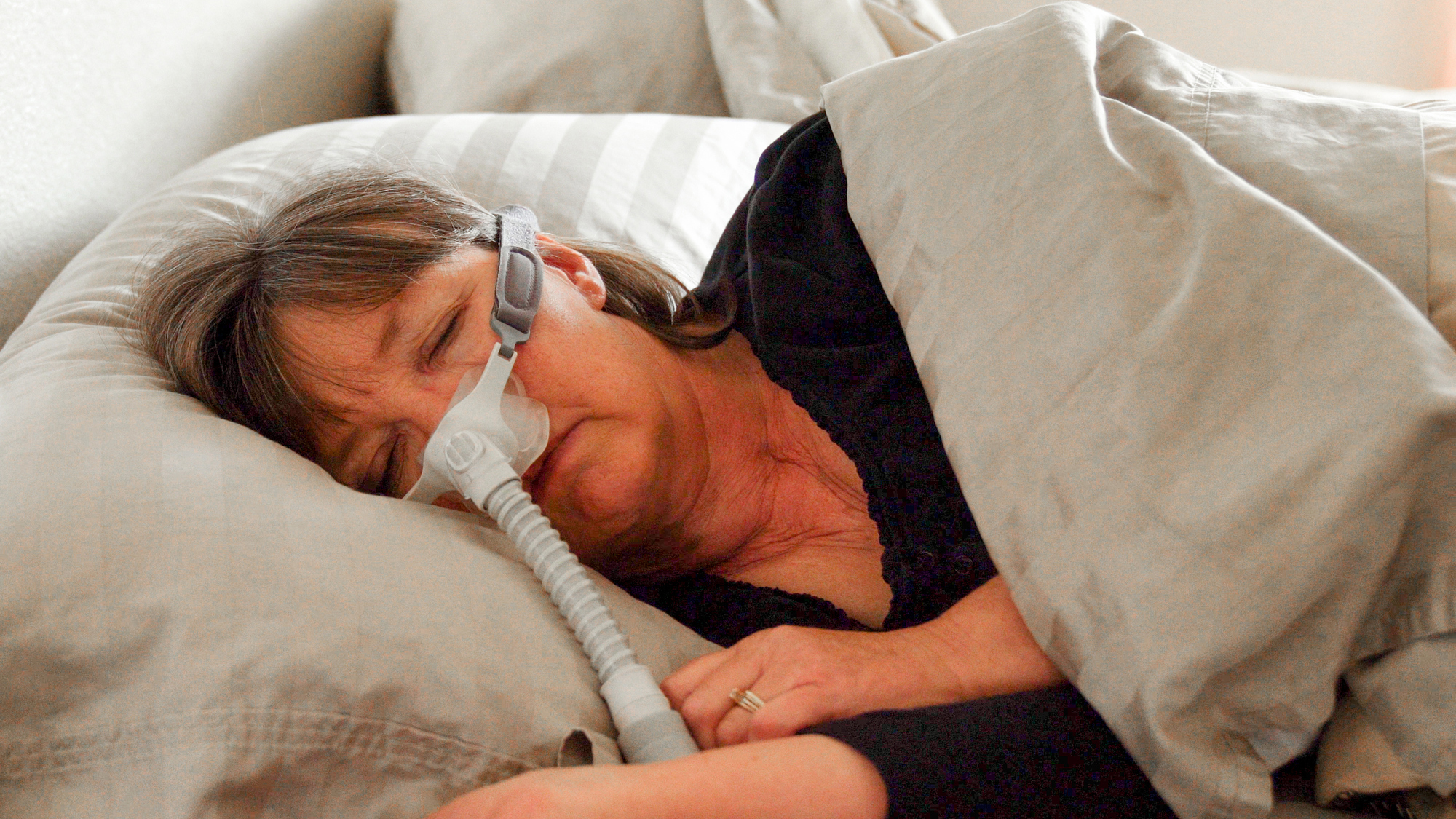
CPAP machines
CPAP — Continuous Positive Airway Pressure — machines are the best known treatment for Obstructive Sleep Apnea, and can also be used to treat Central Sleep Apnea. "CPAP delivers a constant stream of pressurized air through a mask worn over the nose and/or mouth," explains Dr. Dasgupta. "This keeps the airway open and prevents interruptions in breathing, improving sleep quality."
When used consistently and correctly, CPAP machines can effectively treat even severe sleep apnea. Dr. Chelsea Perry, owner of Sleep Solutions, describes CPAP as the "gold standard" treatment.
However, while CPAP machines are a common treatment, they aren't always the best method. "Many patients find CPAP intrusive, uncomfortable, and difficult to stick with, leading to most people quitting it within the first year," explains Andres Moran, founder and CEO of Complete Sleep.
How to access it:
A CPAP machine will be prescribed by a doctor once it's determined to be the best treatment course. Before this stage, you will likely need to take part in a sleep study, to assess if a CPAP machine is right for your sleep apnea (and lifestyle).
"CPAP therapy is usually recommended for people with moderate to severe OSA," says Dr. Dasgupta, "though it can be used for mild OSA with complaints of excessive daytime sleepiness and certain comorbidities such as lung and heart disease."
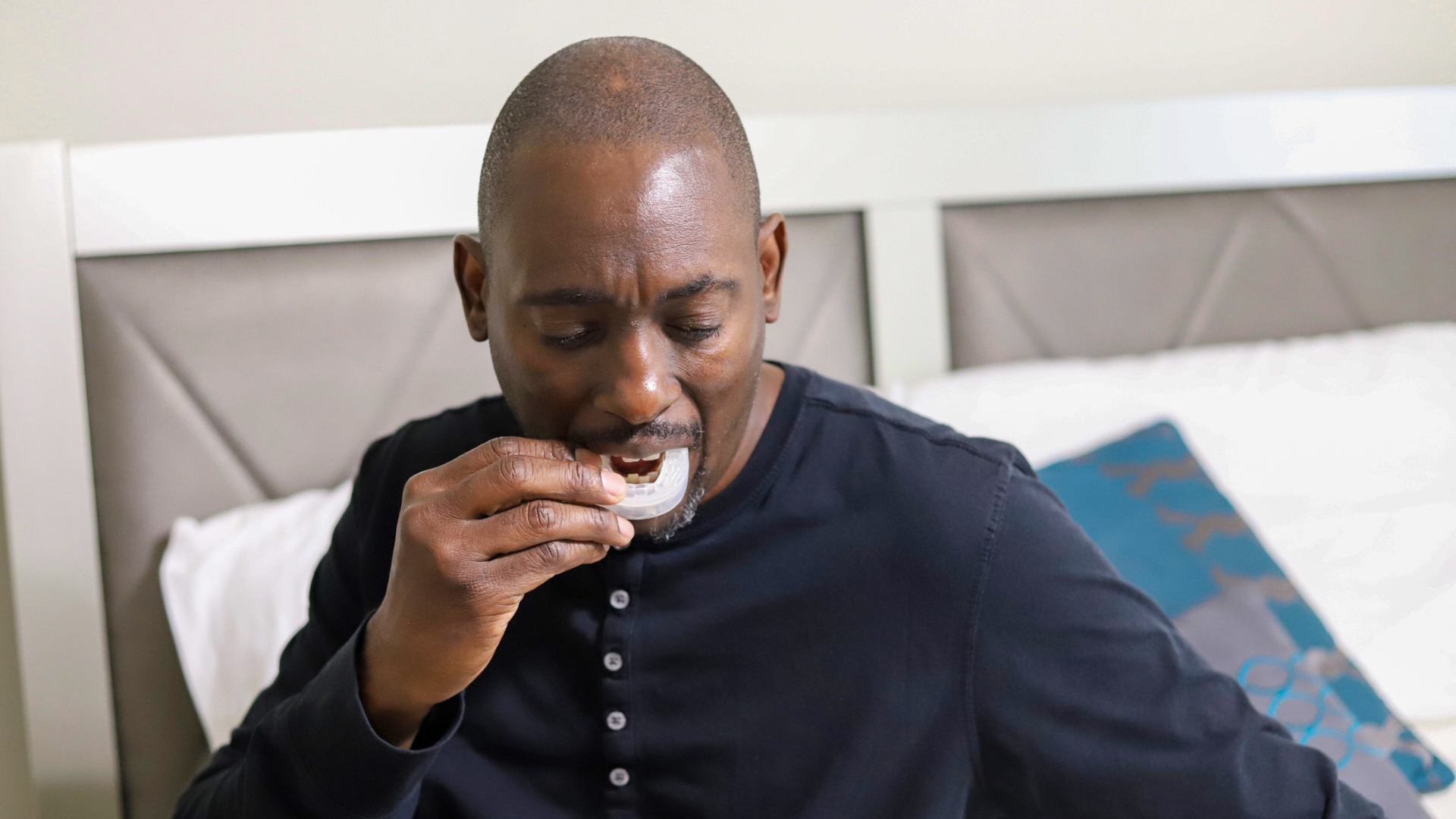
Mouthguards
Mouthguards are a popular, and less invasive, alternative to CPAP machines. "Worn while you sleep like a dental retainer, [mouthguards] gently support the lower jaw during sleep to keep the airway open," explains Moran. "Custom night guards are a highly effective treatment, particularly for mild to moderate obstructive sleep apnea."
The most commonly used mouthguards for sleep apnea are Mandibular Advancement Devices (MADs). These mouthguards keep the airway open by holding the lower jaw and tongue further forward. Other options include tongue retaining devices (TRDs) and soft palate lifters, but these are considered either less comfortable (TRDs) or less effective (soft palate lifters).
How to access it:
There are two forms of MADs: 'boil and bite' guards and custom guards. Boil and bite guards can be purchased over-the-counter, and might even be recommended by your dentist. As Moran explains, they are "oversized to fit as many people as possible." The guard is boiled until softened and then bit, creating a (rough) fit for your mouth.
Boil-and-bite guards might offer quick customization, but the lack of specialist fit can cause issues. Moran explains the oversized design presents a "risk of damage to your jaw alignment over time."
Alternatively, custom night guards are created to fit your mouth and your mouth alone. These are prescribed by a physician and then crafted around your jaw and tongue.

Surgery
Surgery is another treatment option for sleep apnea, albeit less common than CPAP machines or mouthguards. “There are a bunch of different surgeries [for sleep apnea]" explains Dr. Dylan Petkus, founder of Optimal Circadian Health, "but it's not for everyone."
Among potential surgeries for sleep apnea is UPPP (uvulopalatopharyngoplasty) surgery, which involves removing part of the excess tissue in the throat (this tissue can otherwise block the airway, resulting in disrupted breathing). Jaw surgery can also be used to successfully treat sleep apnea, although recovery is "brutal," as Dr. Petkus puts is.
Alternatively, surgery can be used to install upper airway stimulation devices. These devices (such as Inspire) are implanted underneath the clavicle and send gentle pulses to move the tongue forward and keep the airway clear.
How to access it:
If you're considering surgery, you will need to speak to a doctor to determine if this course of action is right for you. It is normally considered a last resort for the most severe cases of sleep apnea.
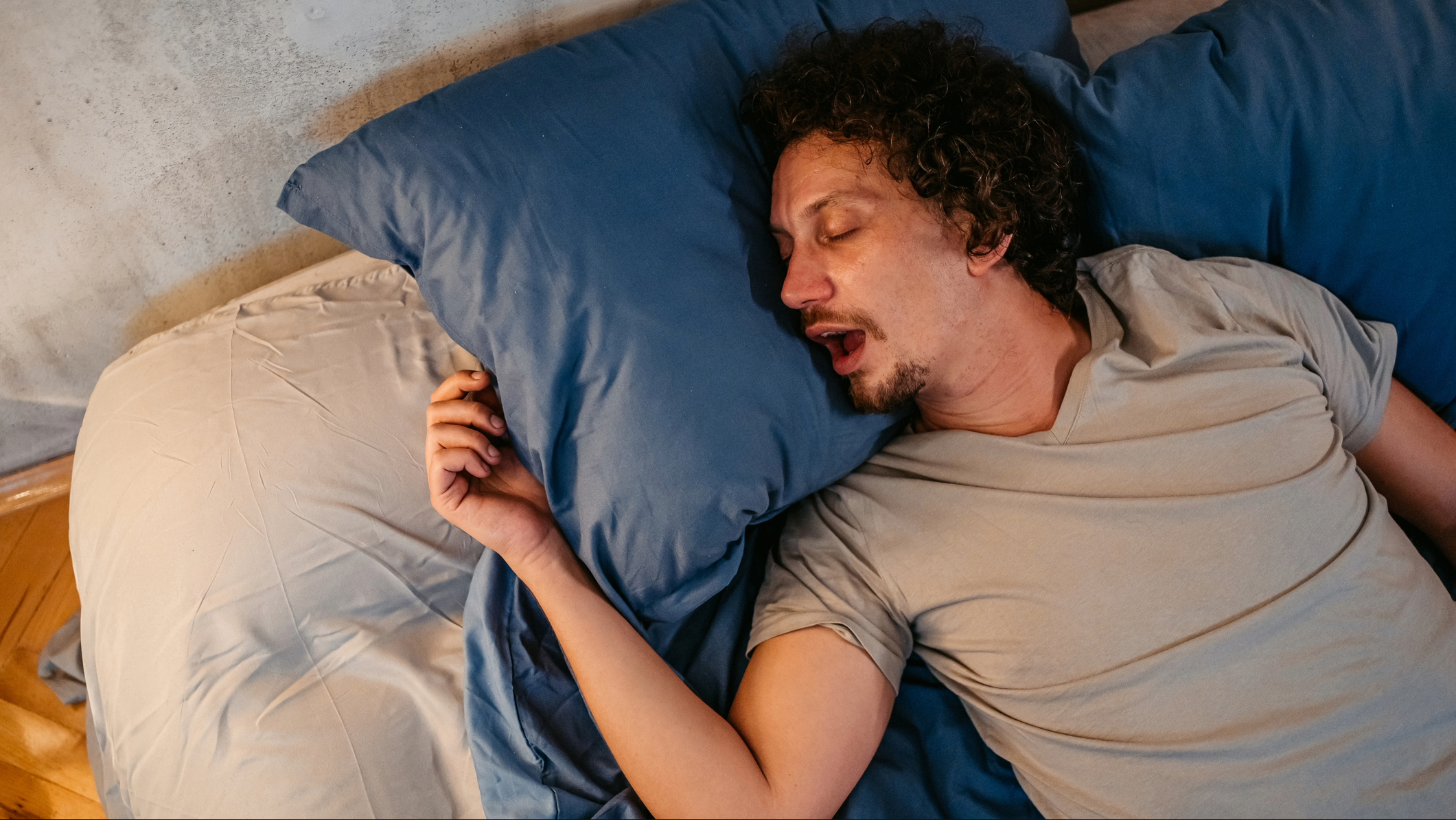
Laser therapies
Laser therapy is a relatively new treatment option for sleep apnea. Similar to UPPP surgery, lasers are used to tighten the tissue in the throat, creating a clear airway for consistent breathing.
"NightLase laser treatments are an FDA approved non-invasive option," explains Dr. Perry. "This can help reduce the collapse of the airway during sleep, and is very effective for mild to moderate cases of sleep apnea and snoring."
How to access it:
"NightLase treatments are performed by doctors and sleep specialists," says Dr. Perry. However, she also describes NightLase as a therapy "you might not be very familiar with". The lack of widespread recognition means this can be a harder treatment to access.
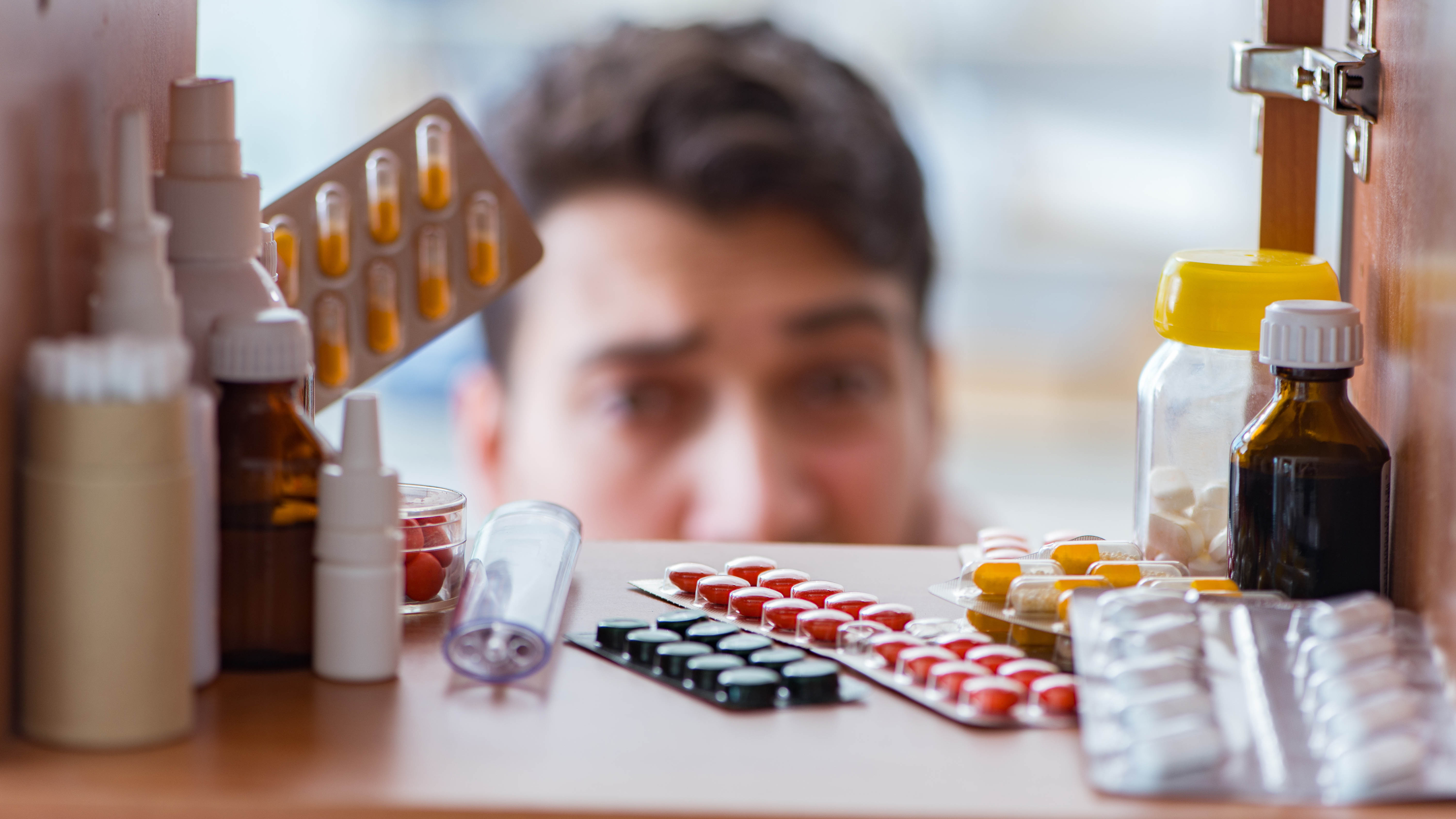
Medicine
There is no 'sleep apnea pill', but certain medications can help limit symptoms. For example, if allergies are making your sleep apnea worse, you might be prescribed an anti-allergen. Similarly, weight loss drugs might be recommended, as losing weight is linked to reduced sleep apnea (more on that below).
Research is also being conducted into the effects of epilepsy drugs on sleep apnea. However, further studies are required before this becomes a widely available treatment. And as these medications come with side effects, they won't be the right solution for everyone.
How to access it:
Your doctor might recommend medication to treat conditions impacting your sleep apnea, but there's no drug to 'cure' sleep apnea. A doctor might also recommend a medication switch — some medications, such as benzodiazepines and opioids, can worsen sleep apnea.
Lifestyle habits to help reduce sleep apnea symptoms
In conjunction with the above treatments, lifestyle changes can help reduce sleep apnea symptoms. "These aren’t one-size-fits-all solutions," explains Dr. Dylan Petkus, "but here’s the kicker: they actually address the root cause rather than just slapping a device on it,"
And unlike other treatments, these lifestyle changes don't require a consultation with a sleep specialist. "Natural solutions like breathing exercises, changing your sleep position, or tweaking your diet? You don’t need a diagnosis for that. You can start trying these on your own right now," says Dr. Petkus.
Positional therapy
Positional therapy encourages switching from a back sleeping position to a side sleeping position, as lying on your side helps keep airways open during the night.
You can try to make the switch using willpower, or you can employ a positional device. These devices are strapped to the body and have an uncomfortable object at the back. if you start rolling onto your back in the night, the device will wake you up. Positional therapy is often used alongside other treatments.
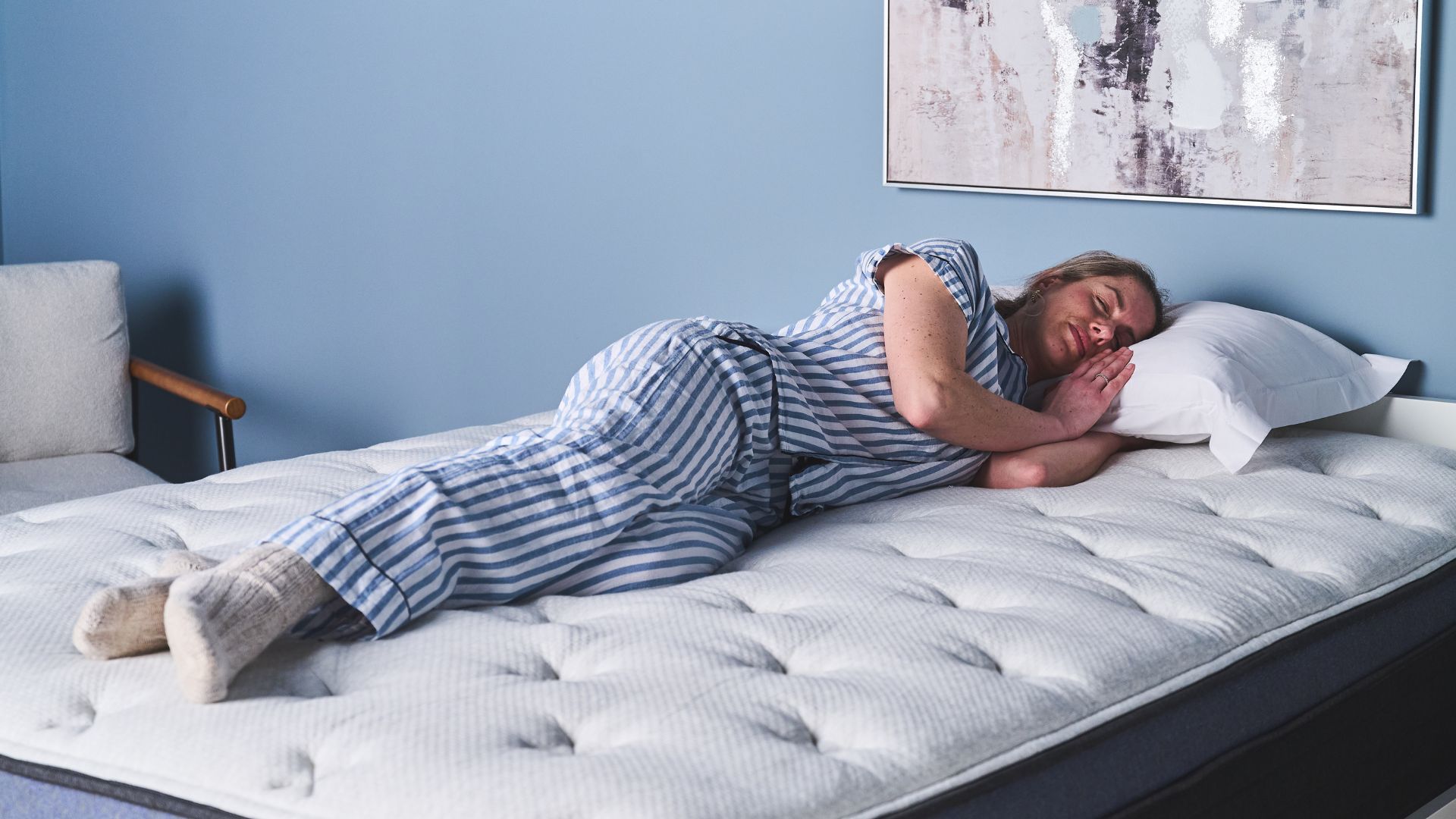
Weight loss
Studies have shown that weight gain is closely linked to sleep apnea. Overweight individuals often have excess tissue in the back of the throat, which can relax in the night to block the airway and interrupt breathing.
Weight loss is frequently recommended for those with sleep apnea, although typically alongside another form of treatment, due to the difficulties associated with losing weight,. If you are overweight and experience sleep apnea, you can try to lose weight alone, but consulting with a doctor can help with long term success.
Mouth / breathing exercises
Mouth and breathing exercises work to build up the muscles in the airway. "Things like breathing retraining and airway muscle strengthening... directly address the root cause of sleep apnea: airway collapse," explains Dr. Petkus. "These approaches are less flashy and actually require daily work and commitment."
While you don't necessarily need to consult with a doctor before you begin breathing exercises, a specialist can help you develop a plan that works for you. As with many lifestyle changes, breathing exercises often work best when stacked with other treatments.
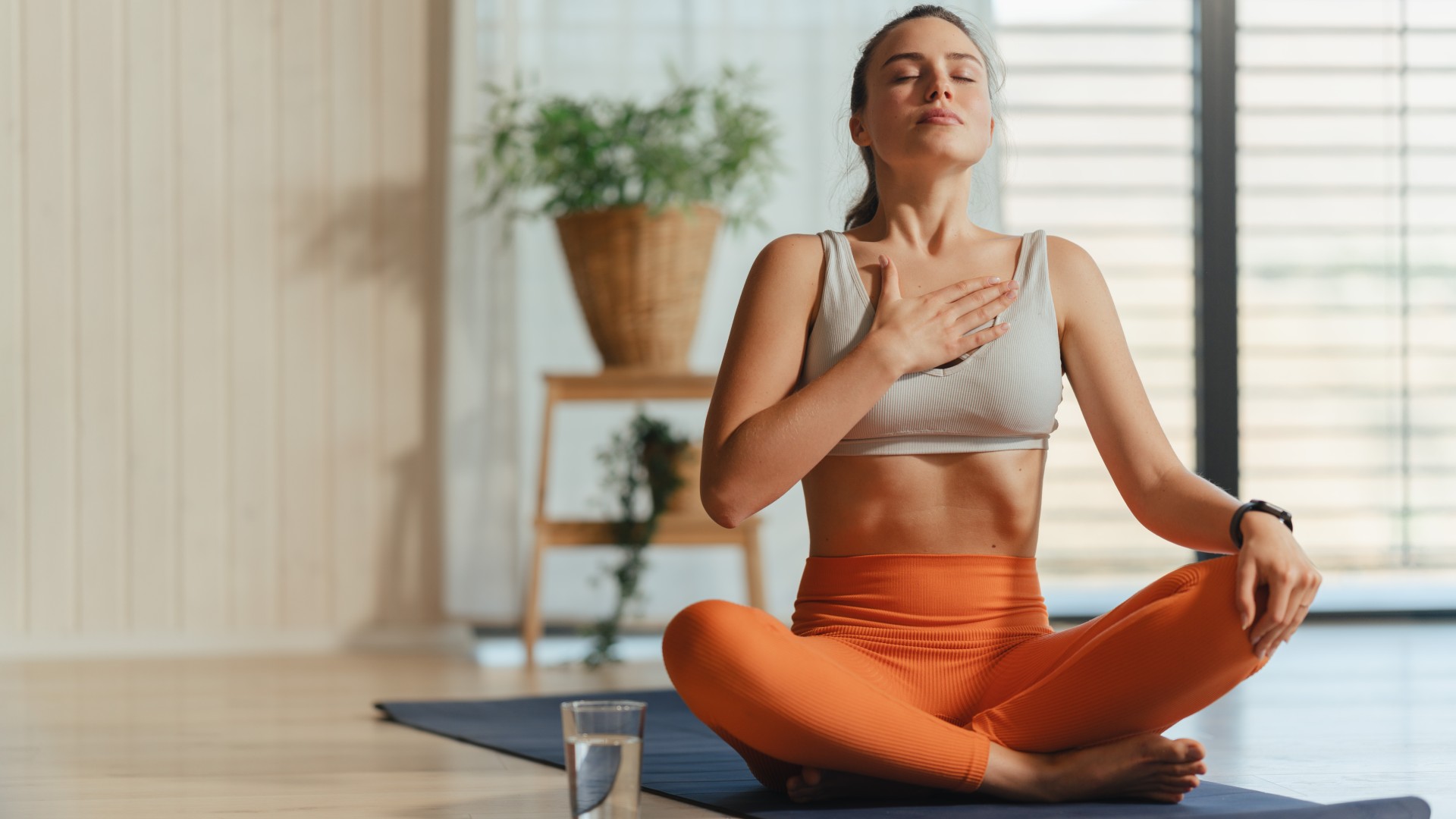
Stopping smoking / drinking
Other lifestyle changes, such as quitting smoking and quitting (or reducing) alcohol consumption can also limit the effect of sleep apnea, by reducing the risk of the throat collapsing as you sleep. These treatments are used alongside other therapies.
What happens if sleep apnea is left untreated?
Once diagnosed with sleep apnea, it's important that you access treatment to manage the condition. Without treatment, your sleep will continue to be disrupted, resulting in signs of sleep deprivation such as mood swings, irritability, headaches, trouble concentrating, and even a weakened immune system.
Beyond the immediate effects of fatigue, untreated sleep apnea can also lead to a heightened risk of high blood pressure (hypertension) and trouble controlling blood pressure. Studies also show OSA is linked to an increased risk of heart disease and stroke,. Further, research has found a connection between sleep apnea and type 2 diabetes.
If you haven't received a formal diagnosis of sleep apnea, but you think you might have the condition, speak to a doctor. They can assess your sleep (often via a sleep trial) to determine if OSA or CSA is the cause of your disturbed rest, and help you find a treatment course that works for you.







